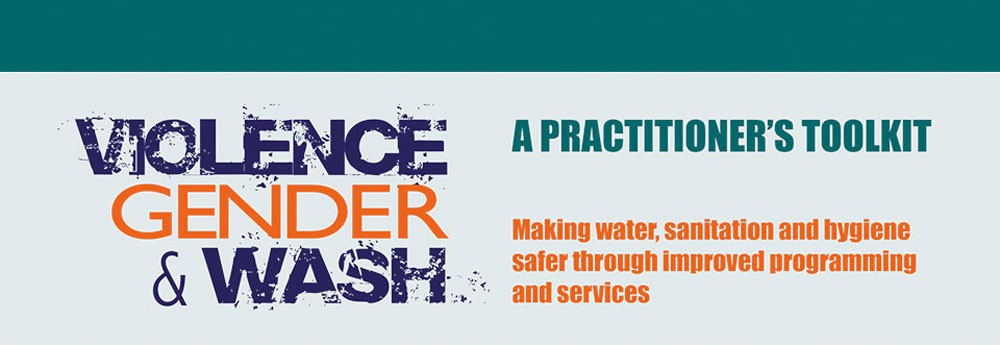- It has been developed for use by WASH practitioners but will also be useful for gender based violence (GBV), gender, protection, health and education specialists
- It is relevant to development, humanitarian and transitional contexts
- It provides examples of promising good practice approaches which have the potential to reduce vulnerabilities to violence
- It has not been designed to be read from start to finish – different parts may be useful to different users
- The key documents are the four briefing notes and the associated checklists – the other materials in the toolsets (case studies, checklists, videos, training scenarios etc.) may be drawn on as required
Please see the Joint Statement by the co-publishers on the linkages between water, sanitation and violence, which clarifies the root causes of violence and the contributions that WASH practitioners can make to reducing vulnerabilities to violence within the boundaries of their professional capacities.
